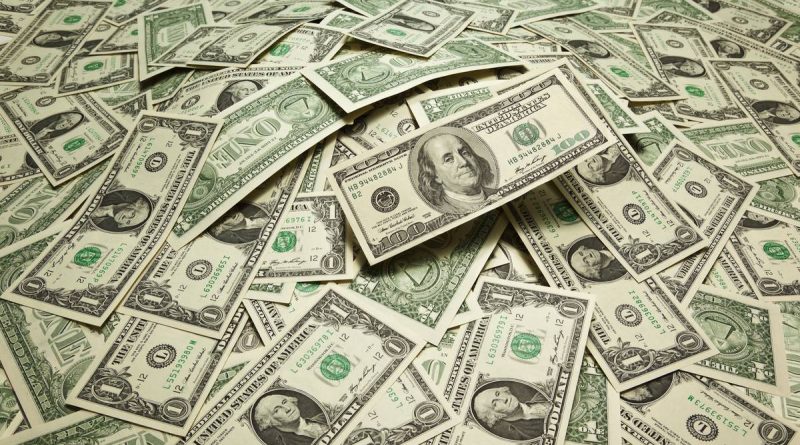Bangladesh’s foreign debt has reached a fresh record high of $112.15 billion, following a sharp rise in external borrowing from multilateral lenders. In June alone, the country secured over $5 billion in loans from development partners including the IMF, World Bank, and ADB.
At an exchange rate of Tk122 per dollar, the total stands at nearly Tk13.68 trillion, marking the highest level of external debt in the nation’s history.
Despite the surge in borrowing, the government has tightened measures against capital flight since August last year. In FY2023-24, Bangladesh repaid a record $5.70 billion in external debt, compared with $4.79 billion in the previous fiscal year. Still, foreign exchange reserves have been steadily improving.
According to Bangladesh Bank data, remittance inflows crossed $30 billion in FY2023-24, while export earnings grew by around 10 percent. The central bank noted that concessional foreign loans also brought relief to the dollar market.
By the end of June, gross reserves climbed to $31.77 billion, while reserves under BPM6 stood at $26.74 billion — the highest in nearly three years. The exchange rate has remained stable at around Tk122, though it briefly dipped to Tk119.50. Concerned that a stronger taka could hurt remittances and exports, the central bank has been buying surplus dollars from banks, purchasing over $1.74 billion so far this fiscal year.
Private sector foreign borrowing edged down to $19.78 billion in June from $19.88 billion three months earlier. In contrast, public sector borrowing rose to $92.38 billion, up from $84.92 billion over the same period.
Economists point out that capital flight spiked after the pandemic amid policy laxity, pushing the dollar rate from Tk84 in 2021 to Tk122 before the last government’s fall. Foreign exchange reserves, which hit a record $48.06 billion in August 2021, dropped to $20.48 billion by mid-2024, but have since recovered to $26.08 billion.
An interim government white paper, led by Dr Debapriya Bhattacharya of CPD, revealed that nearly $23.4 billion was siphoned out of the country over the past 16 years.
A senior Bangladesh Bank official said capital flight has eased significantly in recent months, boosting remittances and exports. “This has allowed the central bank to purchase dollars instead of selling from reserves. As a result, reserves are growing again. If the trend continues, the market will remain stable,” he added.






